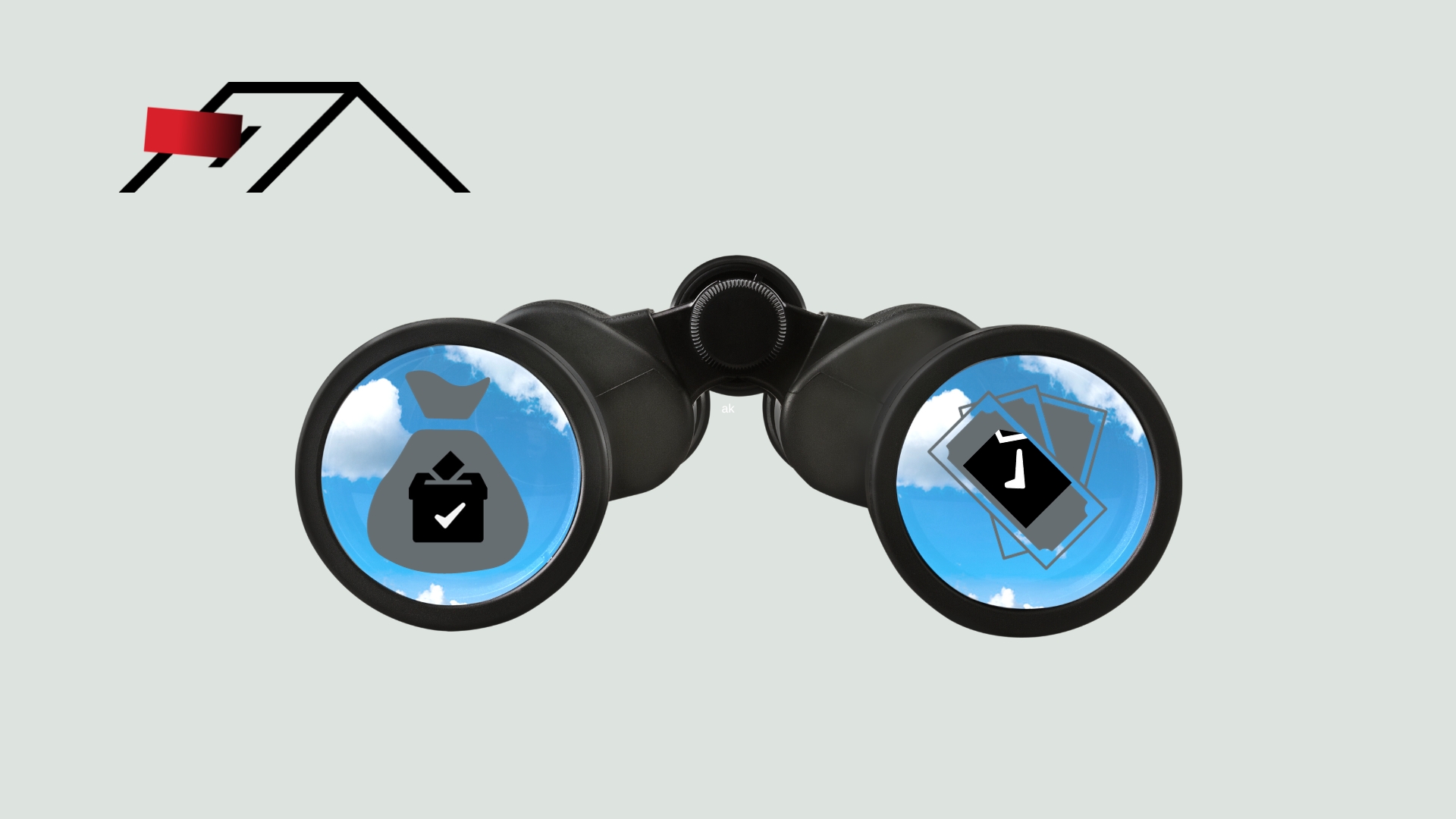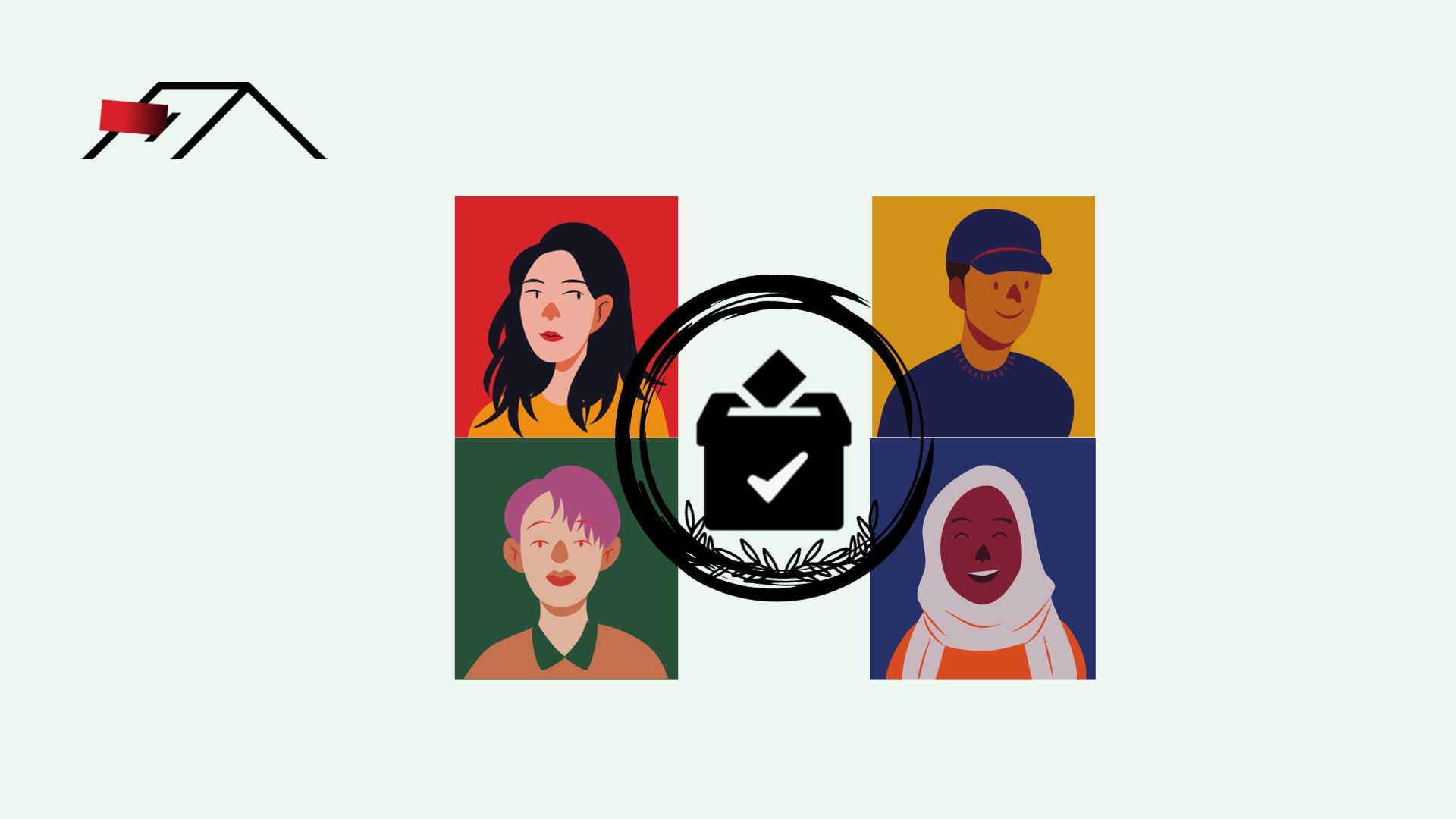Social assistance (bansos) is an alternative to dealing with social vulnerability so that people’s survival needs can be met. Forms of social assistance, as stated in Minister of Social Affairs Regulation Number 1 of 2019, Article 6, state that there are three forms of social assistance, namely money, goods, and/or services.
The aim of social assistance actually has many domains. For example, starting with social protection, poverty alleviation, and disaster management, the public has the simple view that what is called social assistance is only limited to providing material assistance, whether money or goods.
The 2024 social assistance budget is not as high as during the COVID-19 pandemic, which was around Rp. 157.3 trillion. 2020 saw the highest social assistance budget allocation in history, reaching Rp. 200 trillion. In the following years after the pandemic, it experienced a gradual decline until 2023 of IDR. 146.7 trillion, but then increased again in 2024 to Rp. 157.3 trillion for 18.8 million recipients. Of course, this number is higher than before the pandemic.
This February, President Jokowi again distributed the BLT social assistance program. This program aims to anticipate crop failure. This BLT program is called Food Risk Mitigation BLT.
However, the distribution of BLT actually caused polemics rather than benefits. This is because the distribution of BLT is considered to be used as a form of politicization in the campaign leading up to the election. Apart from BLT, social assistance in the form of basic necessities was also utilized during this election. The finding of basic food social assistance bearing the logo of certain candidate pairs in the field clearly leads to arbitrariness, especially when the social assistance uses APBN funds.
How Biopolitics Works
The term biopolitics was popularized by an early 20th-century French philosopher, Michel Foucault. He is famous for his theory of the relationship between power, knowledge, and sexuality, or “bodyhood.” Foucault defines the term bio-politics as a situation where biology is thought about in politics. From this, it can be clearly seen that politics as a regulatory tool requires the human body.
The development of knowledge about power is so rapid. Initially, traditional power was only limited to the right to life and death, while modern power began to move towards the power to rule the population, discipline it, monitor its health, and seek its welfare. This development comes at the level of making the rulers an entity that is needed by society at large, thus giving rise to discipline in society so that they submit to them.
The government, as a mode of power in Indonesia, can easily control and influence the situation of human needs. The government is likened to a doctor who makes institutionalized separation between healthy people and sick people, then creates hospitals. Biopolitics works through this mechanism. The government divides its people into two categories: poor and rich.
When the government cannot overcome poverty with concrete community empowerment follow-up, then the government perpetuates poverty. In this case, the provision of social assistance is merely an antidote to the thirst that will remain if a continuous, flowing water source is not built.
The principle of social assistance is basically the responsibility of the state. The aim is to meet the basic needs of its citizens, who are experiencing deeper poverty, so they do not have the power to work. From this, it can be concluded that social assistance is the right of the poor because they are included in the marginal category.
Biopolitics of Social Assistance
Indonesia’s poverty rate, according to the BPS, in the March 2023 period was 25.9 million people, including rural and urban areas. This kind of phenomenon becomes a field for influencing public behavior when faced with social assistance from the government. Poverty seems to be an epidemic that can kill at any time, so social assistance is considered to be an effective helper.
Practical social assistance such as rice, money, and basic necessities is always in demand among our people. This is closely related to the culture of Indonesian people, who like “convenience.” If this habit is left alone, many will take advantage of it through biopolitical methods, namely exploiting people’s needs through the body for human poverty.
In the midst of President Jokowi’s policy of accelerating the distribution of social assistance until the end of February, this has caused a polemic among the community. The distribution of social assistance, whose momentum is approaching the election, is associated with politicization efforts. Especially with the narrative of unethical distribution of social assistance, starting with thanks to politicians and the symbolization of the candidate pair’s logo in social assistance. This kind of phenomenon leads to electoral support efforts and influences the behavior of election voters.
This indicates that power tries to get productive power and tries to get obedience from the entire social body of society. Power is used to discipline the body. Through social assistance, the human body seems to be controlled so that it obeys. In the biopolitics of social assistance in this election, the government or those who have legitimate power will easily lead citizens to gain electability for the 2024 candidate pairs and legislative candidates.
In fact, there is a positive side to the biopolitics of social assistance, namely when it is given for compliance purposes in realizing community independence. For example, social assistance is used to empower the people’s economy (MSMEs), create jobs, not increase and expand social assistance. Social assistance will no longer be needed when people’s welfare and independence have increased. []
ARKAN LABIB AFKARI
Political Science Student, Semarang State University
 Rumah Pemilu Indonesia Election Portal
Rumah Pemilu Indonesia Election Portal




